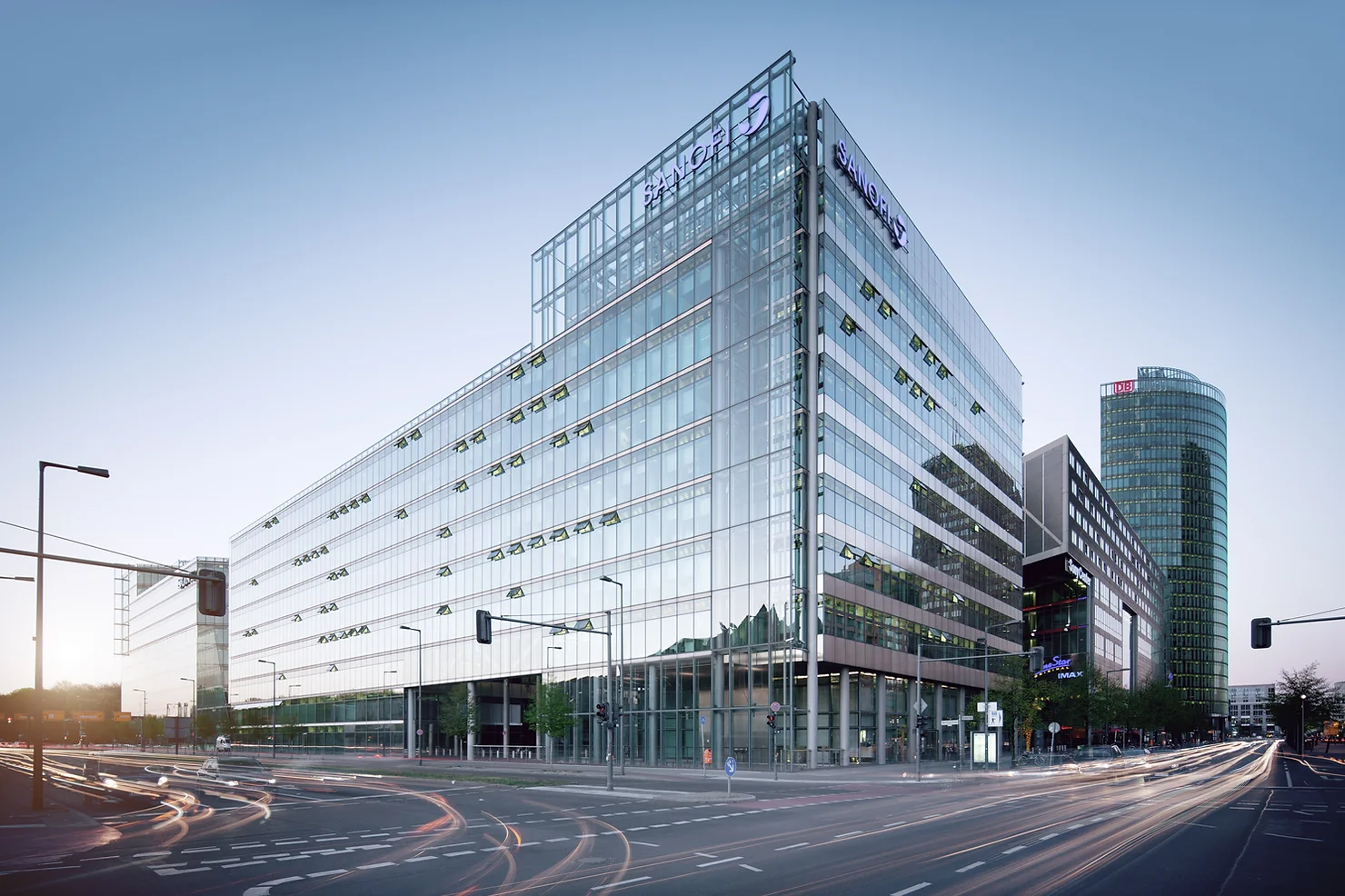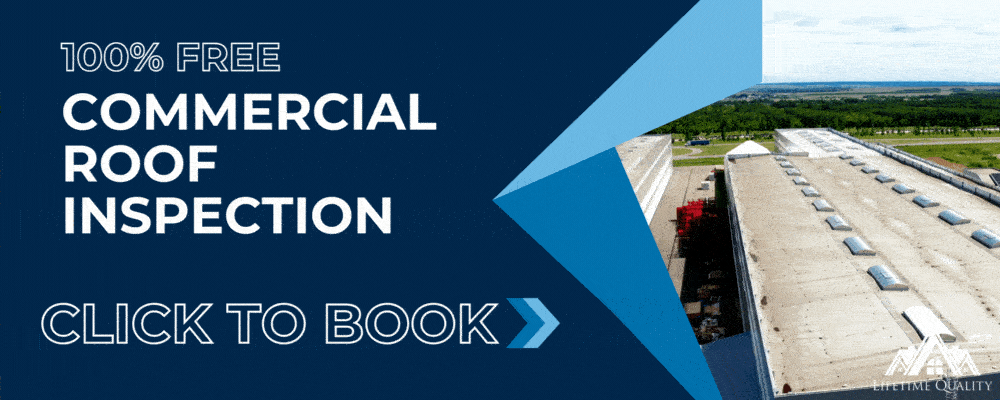
A Guide to Detecting Subtle and Serious Roof Damage Before It’s Too Late
Don't let roof damage go unnoticed. Learn the signs and prevent costly repairs. Protect your home with our expert advice …

Maintaining the structural integrity of a commercial building is a significant responsibility. Of all the components of your building, your commercial roofing system plays a pivotal role in ensuring safety and resilience. This article aims to provide comprehensive guidance on commercial roofing maintenance, with a particular emphasis on flat and rubber roofs. Remember, Lifetime Quality is your trusted local Roofing and Exterior Services Company, offering free commercial roofing inspection and expert advice tailored to your needs.
Commercial roofing maintenance is of paramount importance for several reasons:
Understanding the type of commercial roofing system installed in your building is crucial to its maintenance. Here are some common commercial roofing systems:
Each of these roofing types requires a specific maintenance approach, which we'll delve into later.
One of the key aspects of commercial roofing maintenance is regular inspections. These should ideally be carried out semi-annually, preferably during the spring and fall.
Such inspections allow for the identification of potential issues such as leaks, wear and tear, or physical damage. If your building is in a region with harsh winter weather, you may need additional inspections post-winter.
Professional roofers, like those at Lifetime Quality, can provide detailed inspection reports, identifying areas that need attention and suggesting suitable repair or maintenance actions.
Once an issue is identified during a commercial roofing inspection, it's essential to address it promptly. Delayed repairs can exacerbate the problem, leading to extensive damage and potential roofing replacement.
Whether it's a leak, a weak spot, or physical damage, swift action can save you from substantial repair costs and extend your roof's lifespan. Most manufacturers' commercial roof warranties require immediate reporting and repair of leaks.

While commercial roofing is designed to be robust, it's not indestructible. Reducing foot traffic on the roof can help prevent undue pressure and potential damage. Only necessary inspections, maintenance, and repairs should warrant foot traffic.
If regular access is needed, consider installing walk pads. These provide a safe path for foot traffic, reducing direct contact with the roofing material.
Keeping your commercial roof clean is vital to prevent deterioration. Debris like leaves, twigs, or rocks can lead to water ponding, promoting algae growth which can accelerate roof deterioration.
To maintain a clean roof, set a regular cleaning schedule, and ensure it's done professionally to avoid accidental damage.
If your building is located in a region with substantial snowfall, snow removal should form a part of your commercial roof maintenance plan. Snow, particularly when wet, can be extremely heavy, adding significant load to your roof. Regular removal can prevent potential roof collapse.
As the seasons change, so do the challenges for your commercial roof. Before the onset of colder months, it may be necessary to cover certain areas with tarps to prevent water accumulation. Having the right tools for maintenance during different weather conditions is also crucial.
When repairs are required, it's vital to use high-quality materials to ensure longevity and durability. While DIY repairs may seem cost-effective, a professional roofer's expertise can provide more reliable, long-lasting solutions.
Flat and rubber roofs require specific maintenance considerations. For flat roofs, it's vital to check for ponding, punctures, blisters, and any component that may have separated from the roof.
Rubber roofs, such as EPDM, can last up to 40 years with proper care. Regular cleaning, prompt repairs, and protection from sharp objects are some of the key maintenance tasks for rubber roofs.
Maintenance of commercial roofing is not a one-time task but a long-term commitment. Regular inspections, quick repairs, use of high-quality materials, and professional care are the pillars of effective maintenance. Remember, Lifetime Quality, your local Roofing and Exterior Services Company, is always ready to provide comprehensive commercial roofing inspections.
By investing time and resources in maintaining your commercial roof, you not only prolong its lifespan but also ensure the safety and integrity of your commercial building.